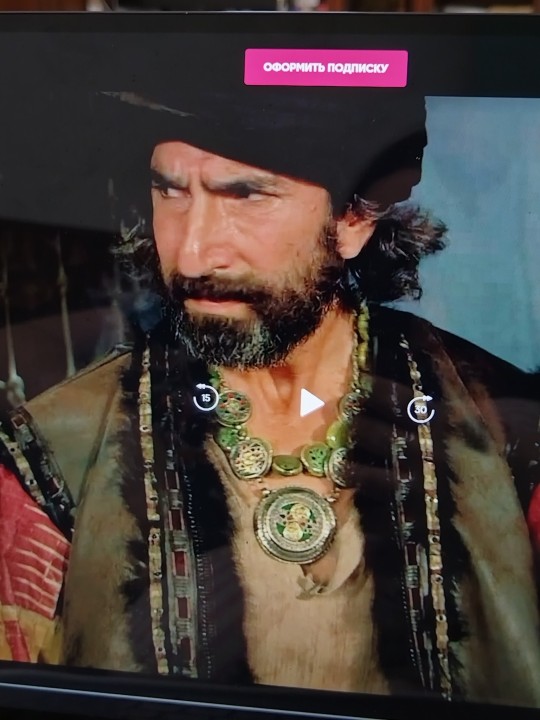#it's just very funny to me okay. I have a horrendous sense of humour
Explore tagged Tumblr posts
Text
I'm sorry I know it's not funny but I can't help but crack up at the face this one guy makes when Hürrem starts traumadumping 😅😂

#and I say this with all my love for Hürrem and the belief that she should be allowed to scream about her tragic backstory whenever she wants#it's just very funny to me okay. I have a horrendous sense of humour#Nia rewatches MC#magnificent century#muhteşem yüzyıl
10 notes
·
View notes